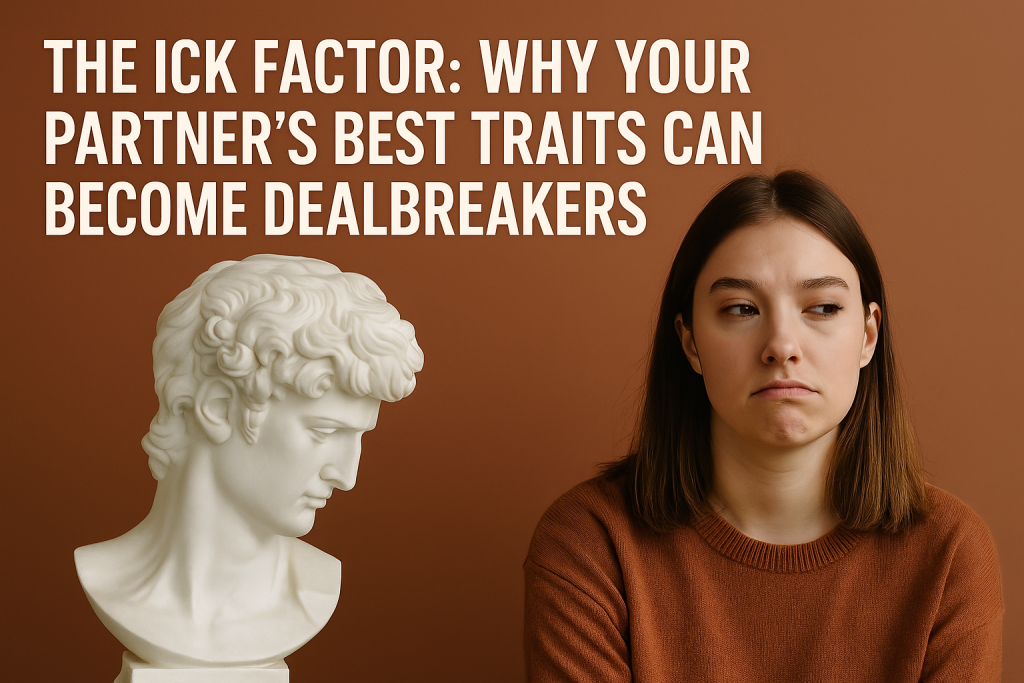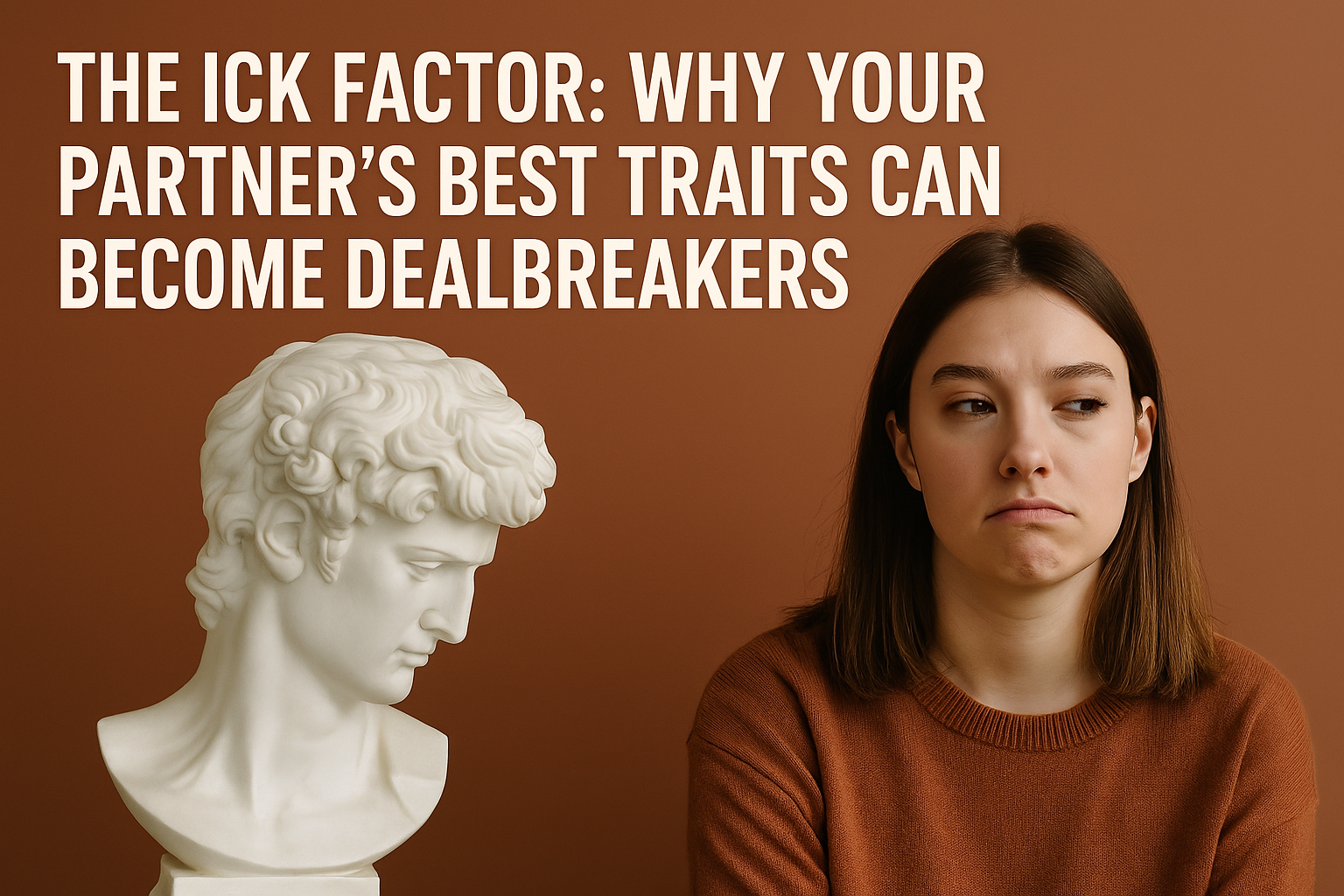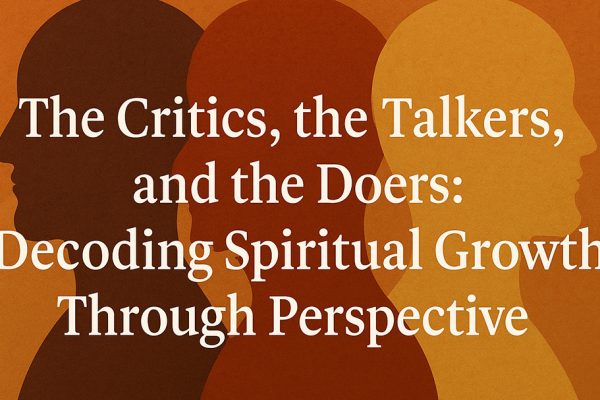Attraction isn’t neutral. It pulls people toward extremes—the traits that shine the brightest, command attention, and linger in memory. At first, generosity, confidence, or spontaneity feel magnetic. But time reshapes perception, turning admiration into frustration.

This phenomenon, known as fatal attraction, has been studied extensively by psychologists, including Diane Felmlee, a social scientist at Penn State University. Her research has revealed a striking pattern: many people list the same characteristics that initially drew them to a partner as the reasons for dissatisfaction later. The person admired for their unwavering kindness eventually seems too passive. The ambitious go-getter begins to feel unavailable. The free spirit who once embodied adventure becomes unreliable.
The underlying psychology behind this shift is rooted in perception and balance. Early attraction tends to magnify certain traits, often overlooking their drawbacks. It’s only as the relationship deepens that nuances come into focus—revealing whether admiration can translate into compatibility. Social exchange theory suggests that people continuously evaluate relationships by weighing the rewards and costs involved. When initial admiration no longer outweighs frustration, dissatisfaction creeps in.
Interestingly, studies suggest that individuals with anxious attachment styles may be more prone to experiencing this transformation. The same emotional intensity that fuels early attraction often leads to disappointment when expectations aren’t met. And in long-term relationships, research indicates that couples who have been together between 10 to 21 years report lower levels of adjustment—suggesting that perception shifts continue even decades into a relationship.
Yet, fatal attraction doesn’t always lead to separation. Some couples recognize the transformation and adjust accordingly. The key lies in balance—acknowledging that attraction evolves and making space for the fuller reality of a partner’s personality. Relationships that endure often find ways to temper extremes, creating a dynamic where admiration can shift without turning into resentment.
Real-Life Perspectives on Fatal Attraction
This psychological shift doesn’t occur in isolation—it plays out in countless relationships, each shaped by unique dynamics. Here are examples of how men and women experience fatal attraction:
Male Perspectives
- The Confident Leader Turned Controlling “I was drawn to her decisiveness. She knew what she wanted, and that was refreshing. But over time, I realized her confidence wasn’t just assertiveness—it was dominance. Every decision had to go her way, and suddenly, I felt like I had no voice in the relationship.”
- The Free Spirit Became Unreliable “She was adventurous, spontaneous, and full of life. I loved how she could turn any dull moment into something exciting. But after a while, I started feeling exhausted. Plans were always last-minute, responsibilities were ignored, and I realized I needed stability more than excitement.”
- The Nurturer Became Overbearing “She was incredibly caring, always making sure I was okay. At first, it felt comforting, like I had someone who truly understood me. But eventually, it started feeling suffocating—like I couldn’t make a single decision without her input. I needed space, but she saw that as pulling away.”
Female Perspectives
- The Hard Worker Became Emotionally Distant “His ambition was inspiring. He had big dreams, and I admired his dedication. But as time went on, I realized that his work always came first. Conversations became shorter, quality time disappeared, and I felt like I was competing with his career for attention.”
- The Charmer Became Manipulative “He was smooth, charming, and knew exactly what to say. It felt like he understood me in a way no one else did. But as time passed, I realized his charm wasn’t just about making me feel special—it was about control. He could twist any situation to make himself look good, even when he was in the wrong.”
- The Protector Became Possessive “At first, I loved how protective he was. He always made sure I was safe, checked in on me, and cared deeply. But soon, that protectiveness turned into possessiveness. He wanted to know where I was at all times, questioned my friendships, and made me feel like I had to justify my every move.”
Evolving Attraction and Finding Stability
Perhaps attraction was never meant to remain static. The qualities that spark initial interest might not be the ones that sustain long-term connection. And maybe that’s the point—love, in its most enduring form, isn’t just about magnetism, but about understanding how to navigate the shifts that come with it.




